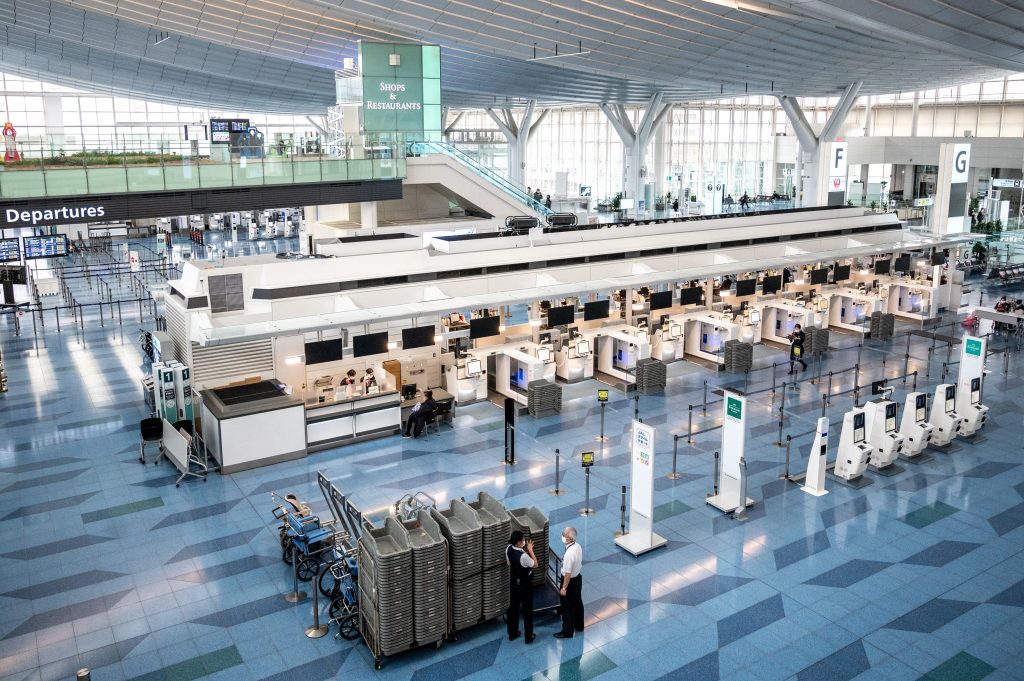
- ARAB NEWS
- 01 Aug 2025

TOKYO: Japan will consider relaxing its border control measures against the novel coronavirus, which currently ban new entries by foreign nationals in principle, Prime Minister KISHIDA Fumio said Saturday.
The government hopes to drastically ease the controls when the current measures expire at the end of February and is discussing plans to increase the number of people who are allowed to enter Japan from some 3,500 per day at present, informed sources said.
The government is also looking at proposals to expand the scope of business travelers and students permitted to enter the country and shorten the self-isolation period of seven days after their entry, the sources said.
After fixing details, the government plans to announce shortly the relaxation of the border controls, aimed at preventing the spread of the highly transmissible omicron variant of the coronavirus.
While the sixth wave of virus infections in Japan is showing no signs of abating, there are growing calls, mainly in the business community, for easing the border controls. Some claim that the significance of preventing the spread of the omicron variant with border control measures has diminished.
Within the ruling Liberal Democratic Party, former Prime Minister Shinzo Abe has said, “As foreign students are not able to come, Japan will lag behind the rest of the world.”
After inspecting border control work at Tokyo International Airport at Haneda on Saturday, Kishida told reporters: “I am well aware that there are various opinions. We will proceed with a study on easing (the curbs).”
“We need to comprehensively take into account the accumulation of scientific knowledge on the omicron strain, including the (BA.2) subvariant, changes in the infection situations at home and abroad, and border controls overseas,” Kishida added.
While maintaining the framework of banning entries by nonresident foreigners into Japan in principle, the government has allowed individual exceptions, such as for government-sponsored students and athletes.
Kishida said his government will conduct a review to see how the framework should be.
After inspecting the border control work, he exchanged opinions with airline employees.
“As the entries of foreign engineers are restricted, our (flight) training has been affected,” one pilot said. “I sincerely hope that the restrictions will be eased.”
Since Nov. 30 last year, Japan has in principle banned entries by nonresident foreigners in response to the spread of the omicron variant and limited the number of people allowed to enter the county to some 3,500 per day.
The government initially planned to lift the measures in about a month, but has extended them twice.
Also on Saturday, Kishida inspected inoculation sites at Haneda airport, where All Nippon Airways and Japan Airlines began third COVID-19 vaccine shots the same day on a trial basis, ahead of the full-fledged start of workplace booster vaccinations on Monday.
“From the perspective of business continuity planning, I hope that workplace inoculation programs will get into full swing from now,” the prime minister said.
JIJI Press